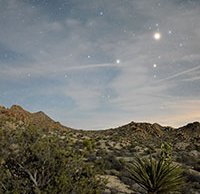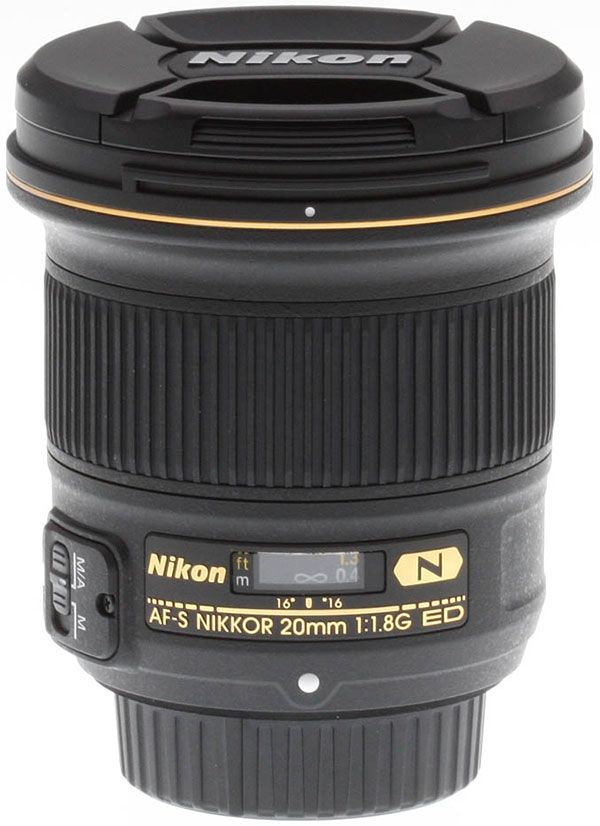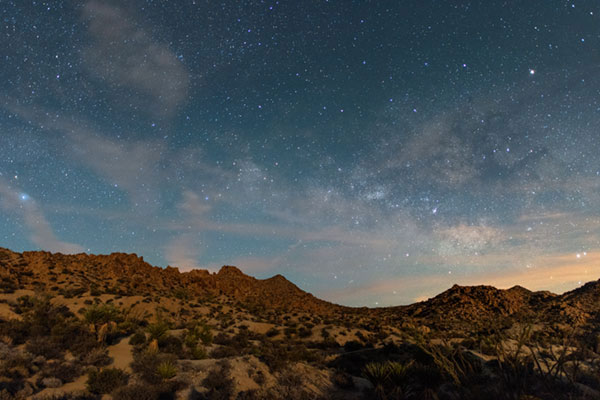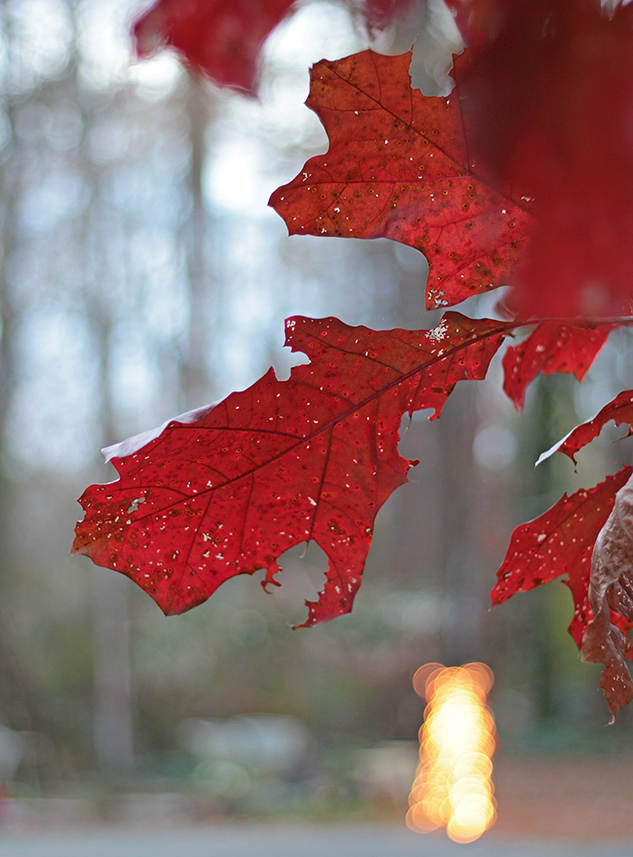Caffeine Priority: The “best” lens for you might be different than the “best” lens for someone else
posted Saturday, July 9, 2016 at 5:01 AM EST

I imagine most of you are well aware of how expensive high-quality lenses can be. However, does good glass always need to come with a high price tag? SLR Lounge wonders if the "best" lenses are always the most expensive?
As a landscape photographer, I regularly consider new wide angle lenses to add to my bag. Every time a new (and often expensive) lens comes along I wonder if it might be "the best" or "the sharpest" lens. Howver, it's not always such a direct correlation between the number of zeroes in the price tag and its optical performance as it relates to my own photography. This is a crucial thing to consider when looking at a lens, your photography. A portrait and wedding photographer has very different considerations for a wide angle lens than I do, for instance.
Let's go through an example. Suppose I want a prime lens around 20mm; I have a handful of options for Nikon F mount. My primary considerations are edge-to-edge sharpness, build quality and the ability to accept filters. I also thoroughly enjoy night photography, so maximum aperture is something I will consider too. I don't necessarily need fast autofocus -- or autofocus at all -- or a lightweight, compact construction. An event photographer might need reliable autofocus and something small, but not me. Our ideas of the "best" super wide angle lens might be significantly different and come with dramatically different prices.
My options for the photography I concentrate on include the Nikon 20mm f/1.8G ED AF-S Nikkor, Sigma 20mm f/1.4 DG HSM Art and Carl Zeiss 21mm f/2.8 Distagon T*, among others. Considering these three, based on my research the sharpest lens is likely the Carl Zeiss, the fastest (aperture-wise) is the Sigma, and the most affordable is the Nikon.

The Sigma, despite its excellent performance-to-price ratio, has a built-in lens hood and won't work with screw-on filters, so it's out despite likely being the "best" 20mm lens for many photographers. On the other end of the value spectrum, the extremely sharp Carl Zeiss 21mm is an f/2.8, which is acceptable for night photography, so I'll consider it head-to-head against the Nikon.
The Zeiss costs over twice as much as the Nikon, and that's money I could spend on another lens or any number of things. With an aperture of f/1.8, the Nikon 20mm lens will work very well for night photography (although it does suffer from some comatic aberration). Both lenses are sharp across the frame when stopped down, so they'll both provide good results for traditional landscape photography. They both accept filters, as well. Ultimately, for me, the "best" lens would be the Nikon because it's both faster and more affordable.

Not all photographers are after the same thing, and we don't all have the same considerations. There's no such thing as a perfect lens, especially not for everyone. There's always a balancing act taking place with a variety of considerations, and these considerations are far from universal. So next time you're trying to find the "best" lens, first figure out what you value the most. The best lens for you might not be the most expensive or have all the newest technology.
(Motivated by SLR Lounge)
Caffeine Priority is a series of short photo-tidbits to ease you into your day, and give us a chance to share a bit more of what life’s like here at IR. We're more like a group of friends testing and talking about cameras and lenses than the buttoned-down, big-corporation world that some of our photo-friends at other companies work in; hopefully these little snippets will share some of that. So... grab another coffee and join in the conversation with us down below!

